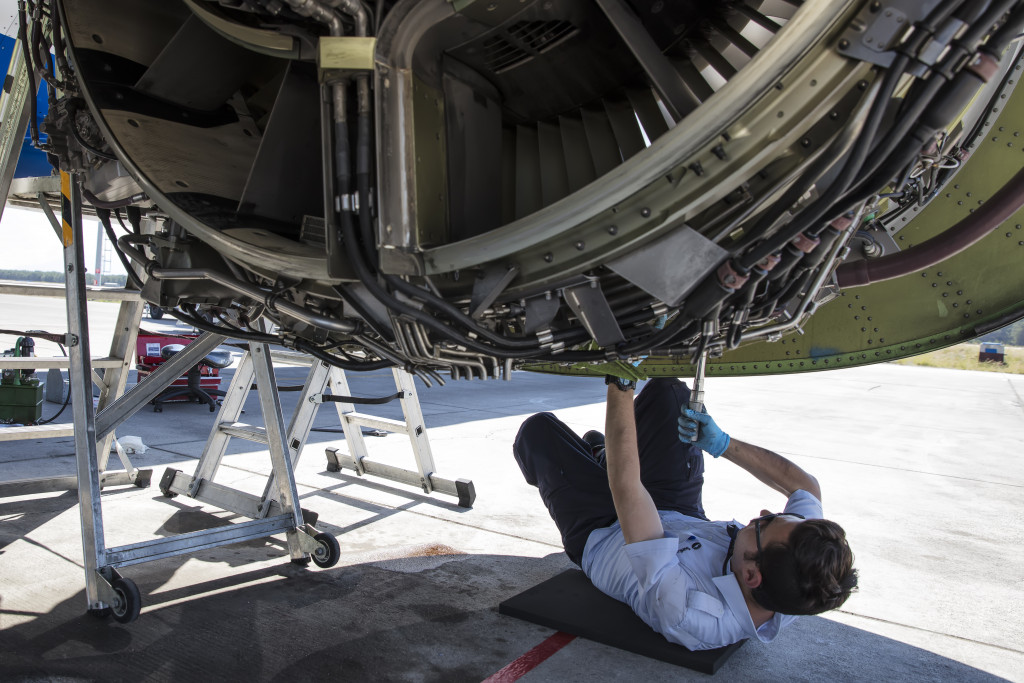• Regulating bodies such as the ICAO have set international standards to be adhered to when operating aircraft.
• Safety should always be a priority, and pilots must undergo rigorous training courses to ensure their competence.
• Aircraft require regular maintenance essential for day-to-day operations, which can be costly.
• There is a considerable cost associated with purchasing or leasing aircraft, training, and staff salaries.
The aviation sector is a high-stakes, high-risk business. It requires extensive planning, knowledge, and experience to be successful. But if you’re willing to take on the challenge, there can be significant revenue and market share rewards. Before taking the leap into this sector, however, it is essential to consider what challenges you may face and how you will address them. Here are some examples.
Business Regulations
The aviation sector is highly regulated. This means that before launching your venture, you must familiarize yourself with all relevant regulations, which vary by country and region.
All aircraft operations must comply with international standards set out by various governing bodies such as the International Civil Aviation Organization (ICAO). These regulations cover a wide range of topics, such as pilot licensing requirements, type certification of aircraft and engines, airspace restrictions, etc.
Failing to comply with these regulations could lead to hefty fines or even jail time for those responsible, so it is crucial that you understand them before launching any operations.

Safety Considerations
Safety should always be a top priority when operating any kind of aircraft. Aircraft are subject to numerous safety checks before they can take off and during flight to ensure that they remain safe for passengers and crew alike.
Pilots must also undergo rigorous training courses in order to ensure their competence in operating an aircraft safely. This is because the consequences of an aviation accident can be severe, so it is vital that all safety protocols are followed.
As a business owner in the aviation sector, it is crucial that you stay up-to-date on all safety protocols and ensure that your pilots are adequately trained and certified to avoid any accidents or incidents that could have catastrophic consequences for your business.
Maintenance Requirements
Aircraft require regular maintenance in order to remain safe and effective. This can be costly, as parts must be replaced regularly, and technicians must be paid to carry out the work. Here are some equipment and services you would need to invest in:
Ground Support Equipment (GSE):
GSE includes a variety of equipment to enable aircraft operations, such as fuel trucks, air start units, and landing gear stands. These are all essential for day-to-day operations and must be kept in reasonable condition at all times.
Hydraulic Power Unit (HPU):
A durable portable hydraulic power unit is necessary for aircraft maintenance. HPUs provide the required pressure to operate all hydraulically powered equipment during ground operations, such as brakes and other parts of the landing gear system.
Lavatory Carts and Services:
All aircraft must have lavatory carts in order to service the lavatories on board. These are often contracted out to external vendors and require regular maintenance and services in order to remain operational.
Experienced Maintenance Personnel
In order to ensure that all maintenance is carried out correctly and safely, it is essential to have experienced maintenance personnel in your team. They should be well-trained in aircraft maintenance best practices and regulations, as any mistakes could lead to severe consequences.

Financial Planning
Starting an aviation business requires significant capital investment due to the cost of purchasing or leasing aircraft as well as staff salaries. You must carefully plan out your budget ahead of time so that you know exactly how much money you need and where it will come from.
You should also consider setting aside funds for unforeseen expenses, such as maintenance costs or additional training requirements for pilots. You may want to look into various financing options available for the aviation sector, such as leasing or loan arrangements.
Having a clear financial plan from the start will increase your chances of success in this competitive industry. In time, your aviation venture could become a profitable and rewarding business.
Entering the aviation sector can be a daunting task, but with proper planning, it can also be very rewarding both financially and professionally. The key is understanding all relevant regulations pertaining to aircraft operation as well as ensuring strict adherence to safety protocols at all times. Additionally, having a sound financial plan can help reduce any potential risks associated with running an aviation business, so make sure you research before taking the leap. With dedication and hard work, there’s no reason why your venture won’t soar in this exciting industry.



